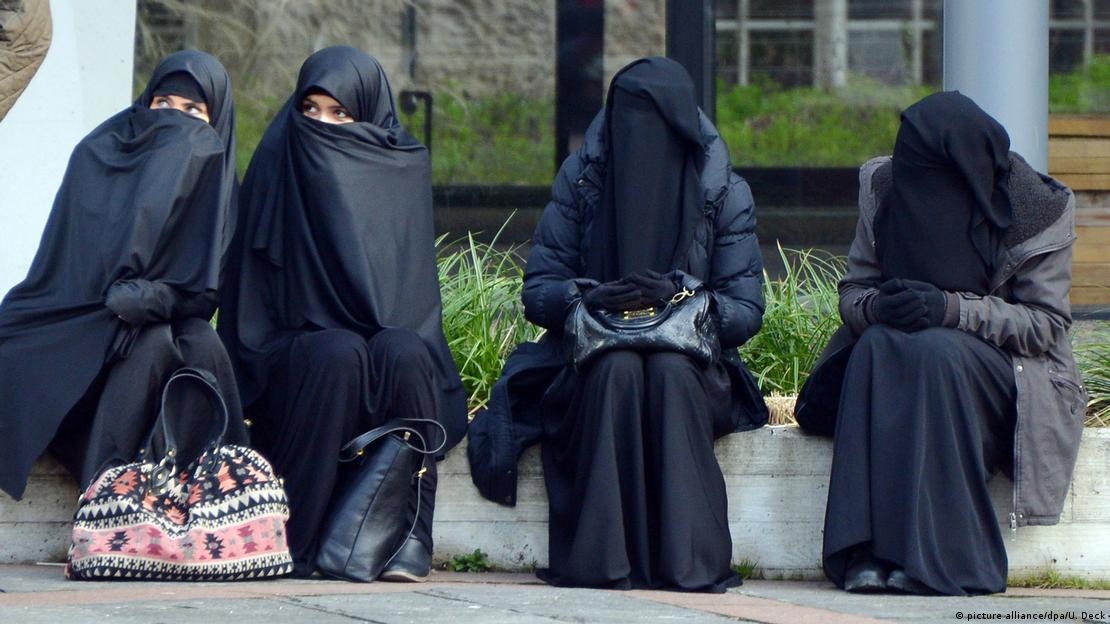
Every state is vulnerable to Islamist extremism, but some states are more prone to this radicalism. In these states, Tajikistan has been unofficially impacted by Islamist extremism, with Afghanistan constituting the epicentre of extremist spillover.
By Ahsan Ali
The Afghan Taliban regime in Afghanistan is one of the core reasons for ideological and social drivers and inspiration of radicalisation in Tajikistan. The religious positive message of peaceful coexistence is undermined by the Afghan Taliban, with fuming flames from across the border.
The post-Soviet republic still reels from the scars of the Tajik civil war, with extremist Islamism being an issue under the rug. The country’s President Emomali Rahmon considers Islamist extremism to be a security threat to the state. Despite his anti-Islamist measures, the extremist tendencies hadn’t been prevented from growing in Tajikistan.
It can be recounted from 1,900 Tajik fighters in ISIS and the infamous defection of Colonel Gulmurod Khalimov to ISIS. The onset of the Afghan Taliban has further fanned the flames of extremism in Tajikistan, and the state’s youth and individuals have been prone to extremism.
Tajikistan’s multi-faceted approach to countering extremism across society includes legal, religious, and social strategies, but details on their scope and effectiveness remain unclear, which is essential for assessing their impact and identifying gaps.
Tajikistan’s secularisation bids to change the role of religion in society have been successful, but a heavy-handed push on religious expression has backfired. It has inadvertently created conditions that fuel silent resentment and surreptitious radicalisation, harder to catch.
Marginalisation and ethnic minority resentment continued to be the vulnerable point for radicalisation in the Gorno-Badakhshan Autonomous Region (GBAO). Further economic instability provides the fertile ground for extremist ideology to take root in GBAO.
Afghanistan is currently the breeding ground of extremists and can facilitate cross-border terrorism and the spread of extremism. Potential cooperation can increase instability in Tajikistan and exploit its economic and social vulnerabilities.
Tajik radicalisation remains prudent and potentially could be affected by the Afghan Taliban regime’s drive to spread its extremist interpretation. While Tehreek-e-Taliban Pakistan (TTP) poses a threat to Pakistan, supported by the Afghan Taliban, simultaneously, Tajikistan is vulnerable to extremism.
ISIS-K and Tajik Ansarullah are a threat to Tajikistan, with both Islamist extremist groups operating from Afghanistan. Both groups have been recruiting and spreading ideological influence within the country and the Tajik diaspora abroad.
There is a significant risk of an informal verbal agreement between ISIS-K, Tajik Ansarullah, and TTP in fighting against their respective states. Any alignment can complicate counterterrorism efforts and regional security, creating a more resilient transnational extremist network.
Different terrorist attacks have only threatened the radicalisation of Tajik society. The tightened actions of President Emamoli Rahmon haven’t been able to de-radicalise the society despite foreign mechanisms to prevent extremism.
In Syria, the appointment of Sayfiddin Tajibayev further bolsters extremism in the vulnerable Tajik society. Training of Tajik militants in Hayat Tahrir al-Sham (HTS) paves the way for potential destabilisation in Tajikistan.
Training and operations of Tajiks under HTS may allow them to build clandestine extremist networks in Tajikistan. Tajibayev’s leadership can sway more Tajik extremists in Syria and will enable them to spread radicalisation upon returning. Not only Tajik but also other Central Asian states are simultaneously prone to such radicalisation.
In the long term, Tajikistan is prone to extremism, especially with the rise of the Afghan Taliban and Tajik fighters' combat experience in HTS. The potential ideological radicalisation with propaganda, falsified videos can lead to potential recruitment and silent sympathy towards the extremist. It can complicate the regional security of the state and Central Asia.
The Shanghai Cooperation Organisation (SCO) can serve as a platform for intelligence sharing and capacity building. Still, the extent of its influence and Tajikistan's reliance on regional cooperation require further clarification to understand their effectiveness in countering extremism.
Addressing local grievances is crucial to mitigating socioeconomic issues, particularly poverty, and to preventing the rise of extremist tendencies and excessive religious suppression, as it can backfire or create quiet resentment against the state.






